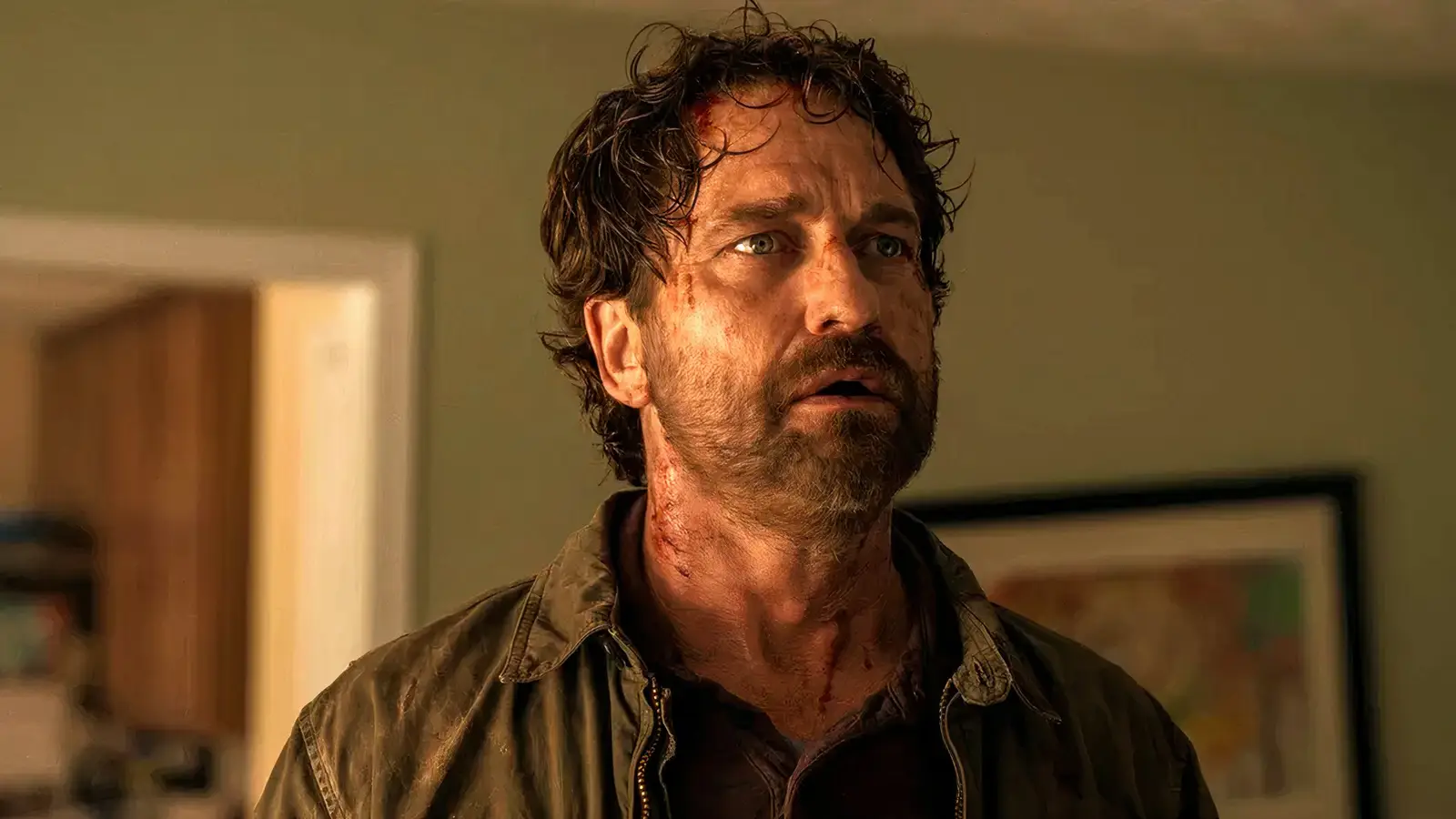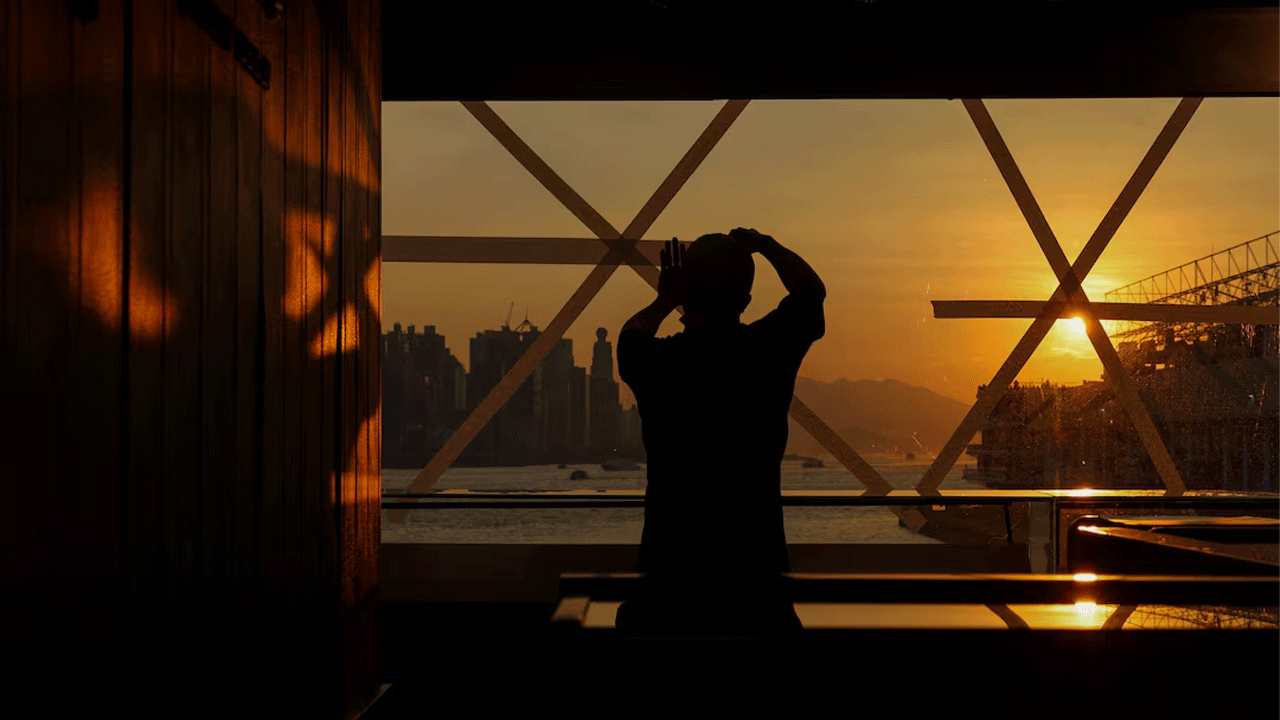
A good ending can make or break a film, and one of the best disaster movie endings of the past decade is about to be ruined by the release of a sequel. Disaster movies wax and wane in popularity every decade or so, and though they aren’t in their heyday anymore, they can still be crowd-pleasers in the 2020s.
Whether the disaster is natural, of human origin, or something else, a good disaster story reflects common fears of societal collapse. Film is the perfect medium to really capture such stories, and disaster flicks are usually special effects spectacles with lots of sound and fury up on the big screen. The evolution of film technology has made those cinematic disasters even bigger.
There are essentially two ways a disaster story can end, tragedy or triumph. The former offers a pessimistic view that shows humanity losing its battle against larger forces. Meanwhile, the latter offers a glimmer of hope and shows how mankind is capable of banding together and overcoming adversity. Whatever the ending, it must fit the tone of the story.
Disaster films have fallen out of favor in recent years due to real-life events like the COVID-19 pandemic, but there have been a few gems in the 2020s. One of the decade’s best disaster films also nailed its ending, and showed how optimism could prevail over dour pessimism. Sadly, that triumphant ending is about to be ruined.
Greenland’s Ending Was A Hugely Impactful Highlight In An Underrated Movie
Released at perhaps the worst time to make a disaster movie, Greenland appeared in December 2020 at the height of a global pandemic that kept most people out of movie theaters. What’s more, movie fans weren’t really interested in watching a disaster story when they themselves were currently living through one. However, its ending was shockingly hopeful.
The ending of Greenland caps off what is a well-made movie that goes beyond the usual tropes of the played-out global disaster genre. Unlike works by filmmakers like Roland Emmerich, Ric Roman Waugh’s film is more about the Garrity family and their struggle to survive than huge visual spectacles. It analyzes the human response to disaster with a critical eye.
It forces the viewer to ask themselves how they would respond, and makes commentary about class distinction in the face of catastrophe. Greenland isn’t high art, but it offers a much deeper experience than mere survival. Survival is the thrust of the plot, but the script asks a lot of questions about how and why the characters make their choices.
Greenland Ended On A Perfectly Ambiguous Note
The ending of Greenland left little doubt about what the audience was supposed to take away from the story, but it was just ambiguous enough to leave the viewer thinking. The Garritys survive the end of the world by making it to the shelter. Eventually, they leave the shelter, and are even contacted by other survivors from elsewhere.
Hope is symbolized by birds flying overhead, a classic image evoked from multiple sources. The ambiguity comes from questions about how the world will continue. The viewer is left to decide what the new world will look like, and even ponder how the Garrity family will fit in. However, their relationship is left rock-solid, which pays off their storyline.
Greenland’s Upcoming Sequel Risks Ruining The Original Movie’s Perfect Closing Note
Greenland’s modest success inspired a sequel, and Greenland: Migration is due to arrive in theaters in January 2026. While that may be exciting from a cinematic standpoint, it runs the risk of ruining the ending of the first movie. Ending teases are one thing, but the first film’s conclusion was vague while still suggesting that the story was over.
Greenland earned $52 million according to Box Office Mojo.
Migration will be forced to dull the finale by building on ideas that were suggested but never confirmed. Conflict will inevitably make the hopeful ending of the first seem less so, and retroactively spoil the experience of the Gerard Butler action film. If hope was the message of the first movie’s ending, the sequel risks stepping all over it.
Greenland’s Sequel Defeats The Wider Point Of The Original Movie
Greenland: Migration is in a really weird spot because it will shift the franchise’s genre somewhat. The first film is a classic example of a disaster movie, but Migration will take place after the disaster has ended. It’s now a post-apocalyptic movie, which has its own set of tropes, themes, and most importantly, morals.
Beyond that, the Greenland sequel completely misses the entire point of the first movie. The disaster is the catalyst for the story, but the reconciliation of the fractured Garrity family is actually what the film is about. By the end of the movie, the Garritys had come together to survive and learned a valuable lesson about the importance of family.



